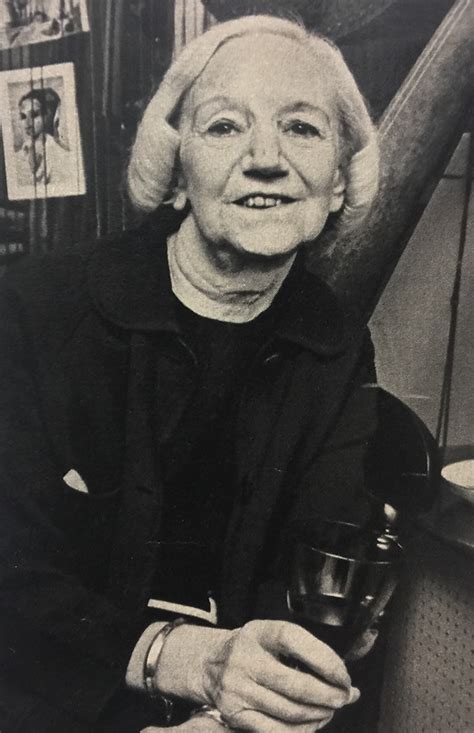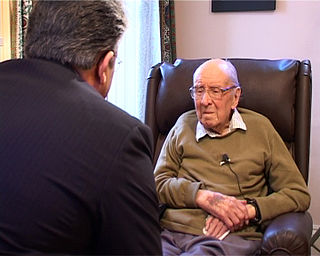A Quote by Bob Marley
The greatness of a man is not in how much wealth he acquires, but in his integrity and his ability to affect those around him positively.
Related Quotes
It is of dangerous consequence to represent to man how near he is to the level of beasts, without showing him at the same time his greatness. It is likewise dangerous to let him see his greatness without his meanness. It is more dangerous yet to leave him ignorant of either; but very beneficial that he should be made sensible of both.
It is dangerous to explain too clearly to man how like he is to the animals without pointing out his greatness. It is also dangerous to make too much of his greatness without his vileness. It is still more dangerous to leave him in ignorance of both, but it is most valuable to represent both to him. Man must not be allowed to believe that he is equal either to animals or to angels, nor to be unaware of either, but he must know both.
The Landlord is a gentleman who does not earn his wealth. He has a host of agents and clerks that receive for him. He does not even take the trouble to spend his wealth. He has a host of people around him to do the actual spending. He never sees it until he comes to enjoy it. His sole function, his chief pride, is the stately consumption of wealth produced by others.
If a man loses a dear friend, he looks around and sees many friends come to console and comfort him. If a man loses his wealth, after a little thought he will realize that the delight that came from wealth will be restored by finding more. Thus he forgets his loss and is consoled. But if a man's heart is deprived of peace, where will he find it again, how will he replace it?
The man has a curious inborn conviction of his own superiority which is quite unshakeable. All his life he has bullied and browbeaten those around him by his high-and-mightiness and his atrocious temper. As a boy he terrorized his entire family by his tantrums, when, if thwarted, he would throw himself on the floor and yell till he went blue in the face. It has been much the same ever since. Everyone's terrified of his rages. He has only to start grinding his teeth, and people fall flat before him.
Success is in the student, not in the university; greatness is in the individual, not in the library; power is in the man, not in his crutches. A great man will make opportunities, even out of the commonest and meanest situations. If a man is not superior to his education, is not larger than his crutches or his helps, if he is not greater than the means of his culture, which are but the sign-boards pointing the way to success, he will never reach greatness. Not learning, not culture alone, not helps and opportunities, but personal power and sterling integrity, make a man great.
His readiness to undergo persecutions for his beliefs, the high moral character of the men who believed in him and looked up to him as leader, and the greatness of his ultimate achievement - all argue his fundamental integrity. To suppose Muhammad an impostor raises more problems than it solves. Moreover, none of the great figures of history is so poorly appreciated in the West as Muhammad.
How strange and foolish is man. He looses his health in gaining wealth. Then to regain health he wastes his wealth. He ruins is present while worrying about his future - but weeps in the future by recalling his past. He lives as though death shall never come to him - but dies in a way as if he were never born.
Strange is the vigour in a brave man's soul. The strength of his spirit and his irresistible power, the greatness of his heart and the height of his condition, his mighty confidence and contempt of danger, his true security and repose in himself, his liberty to dare and do what he pleaseth, his alacrity in the midst of fears, his invincible temper, are advantages which make him master of fortune.
The man of wealth [should] consider all surplus revenues which come to him simply as trust funds, which he is called upon to administer to produce the most beneficial results for the community - the man of wealth thus becoming the mere trustee and agent for his poorer brethren, bringing to their service his superior wisdom, experience and ability to administer, doing for them better than that they would or could do for themselves.


































